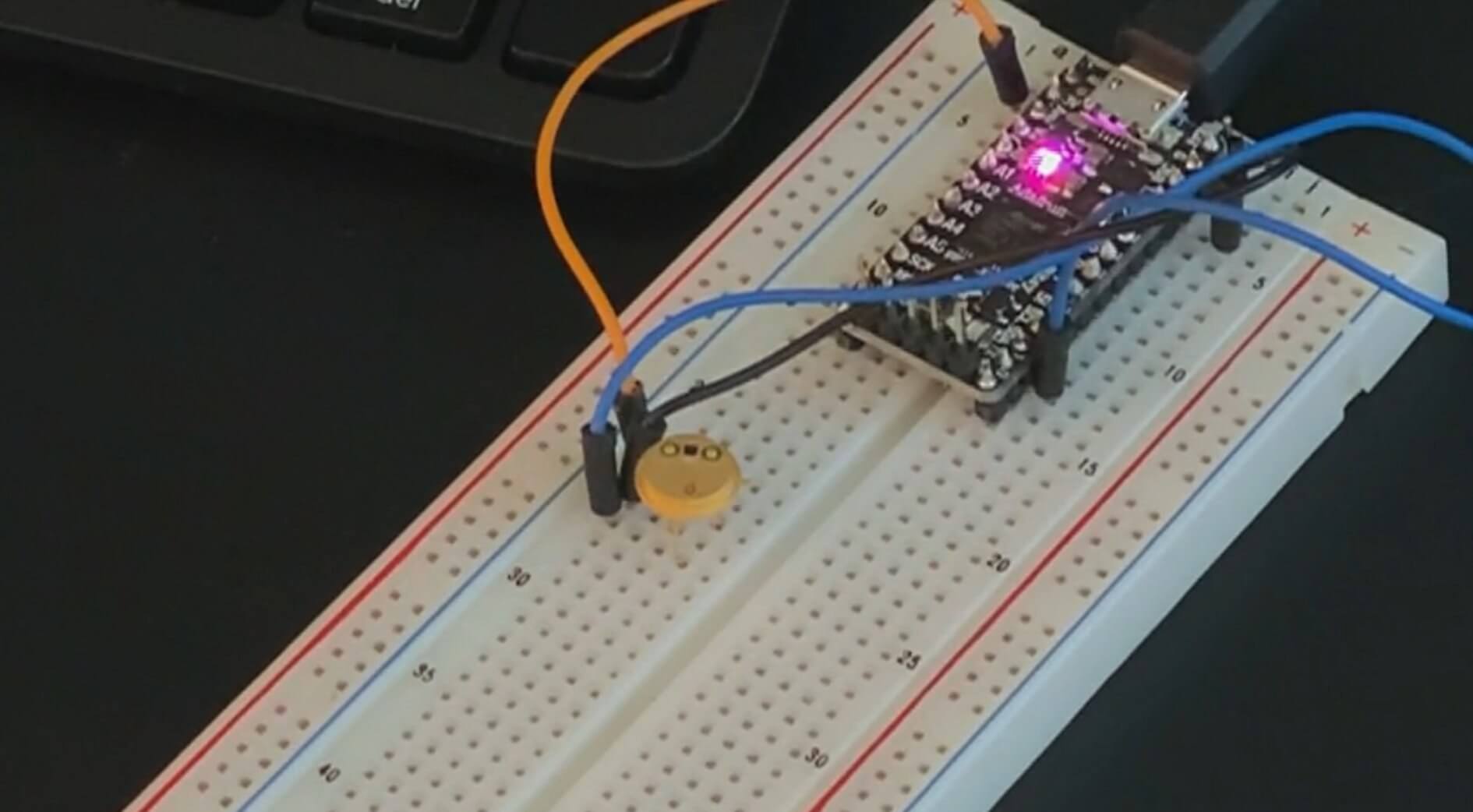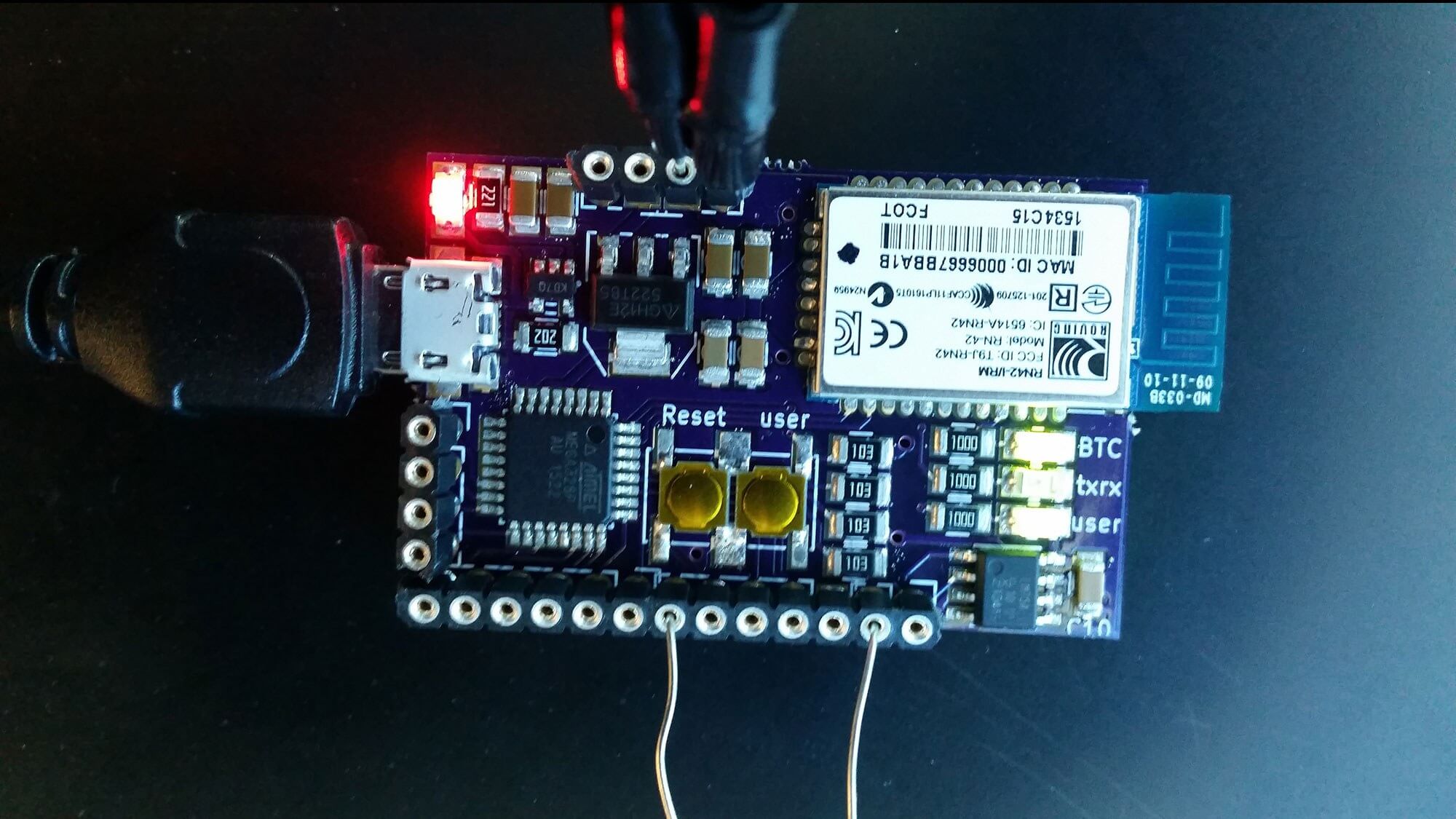Forward-looking: A shortage of testing kits has been a significant problem for several countries trying to track and trace the spread of Covid-19, but a new project could produce a smartphone-powered sensor that detects the virus by blowing on it.
In addition to there not being enough tests to go around, the procedure to check for Covid-19 has been called invasive and uncomfortable---it involves a swab being used to collect mucus from the back of a person's nasal cavity and throat.
A team from the University of Utah is working on a project that could make tracking the pandemic a lot easier and testing much more comfortable. It involves repurposing a sensor that was originally created to detect the Zika virus back in 2016.
"We started this project around 12 months ago," said Professor Massood Tabib-Azar. "The main idea was to enable people to have their own personal sensor to detect Zika in places that they travel. The plan is to program it to identify Covid-19 instead."

The prototype device is about an inch wide, connecting to a smartphone via Bluetooth and drawing power from the charging port. It's then simply a matter of placing a microscopic particle of saliva onto it, either by blowing, coughing, breathing, or sneezing. Users could also test for the virus on an object's surface by brushing it with a swab then placing the sample on the sensor.
Should Covid-19 be present, single-strand DNA called aptamers in the sensor bind to its proteins, and the electrical resistance produces a positive result, which could then be sent to authorities who are tracking the spread.
The sensor can be used more than once, thanks to a small electrical current that destroys previous samples, and it should cost consumers around $55. Clinical trials are expected to begin in July, and the device could be available to the public as soon as August.
